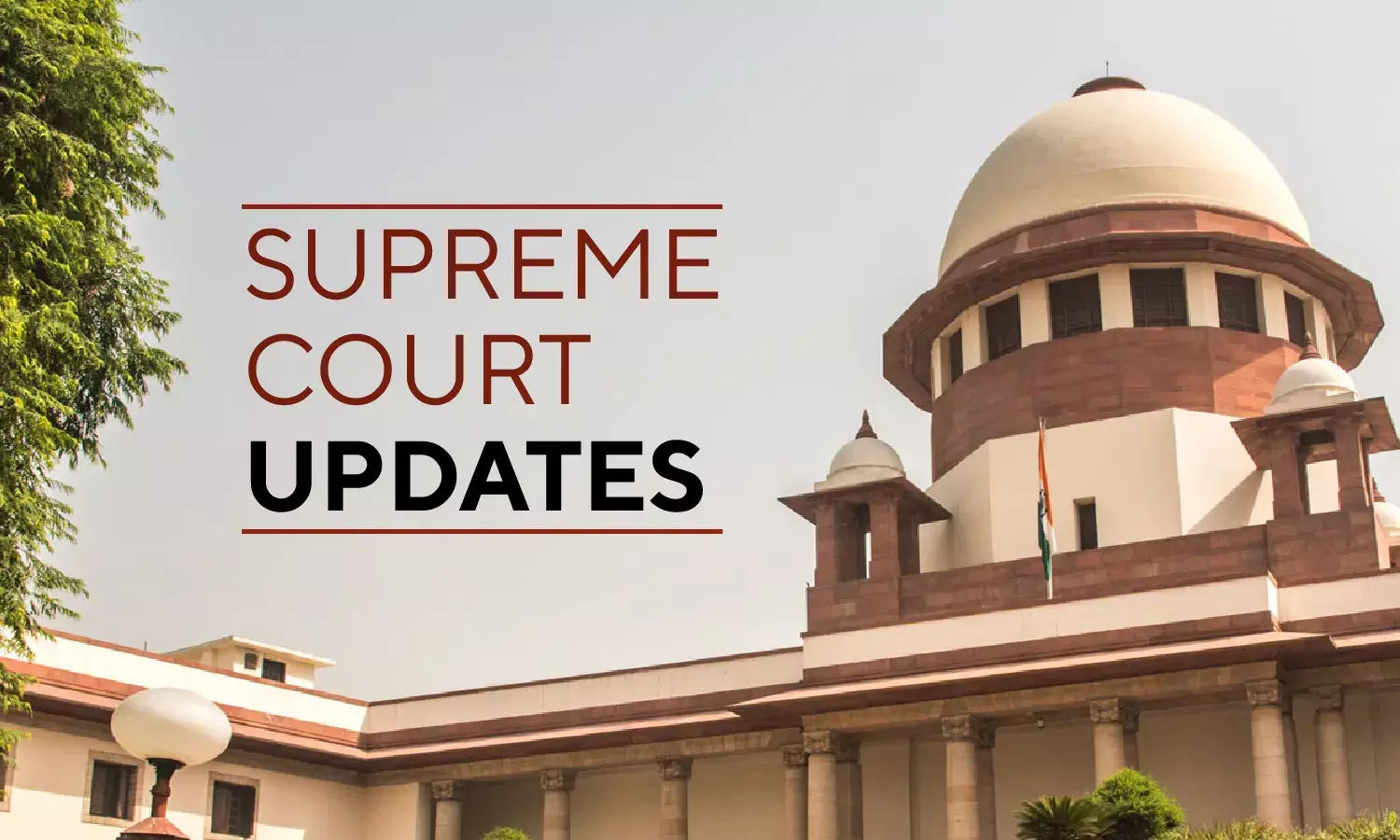SC Issues Notice On Appeal Against Karnataka HC's Judgment Refusing To Quash Marital Rape Case By Wife

The Supreme Court today issued notice on the SLP challenging the judgment of the Karnataka High Court refusing to quash an FIR registered at the instance of a wife against the husband alleging marital rape.
The Bench of Chief Justice N V Ramana, Justice J K Maheshwari and Justice Hima Kohli said, "We have to hear this matter".
Senior Advocate Siddharth Dave appeared for the appellant husband. He submitted that the trial in the case, which had been stayed by the High Court is about to start on May 29.
The Bench said that the appellant may inform the trial court that the Supreme Court is seized of the matter. We will hear the matter, the Bench said.
Senior Advocate Indira Jaising appeared on caveat for the respondent wife. She submitted that the wife has been waiting for the trial to commence since the High Court had stayed the trial for 5 years.
Incidentally, Indira Jaising had written a column praising the Karnataka High Court judge for the judgment. She had called the judgment an "act of judicial statesmanship". (An analysis of the judgment can be read here)
Justice M Nagaprasanna of the Karnataka High Court had held that Exception 2 to Section 375 of IPC which exempts sexual acts between a husband and wife from the definition of rape is regressive.
"In my considered view, the expression is not progressive but regressive, wherein a woman is treated as a subordinate to the husband, which concept abhors equality", the Court had held.
The Court had held that no fault can be found with the Sessions Judge who framed charges for rape against the husband.
"The exemption of the husband on committal of such assault/rape, in the peculiar facts and circumstances of this case, cannot be absolute, as no exemption in law can be so absolute that it becomes a license for commission of crime against society", the Court had held.
A Division Bench of the Delhi High Court has reserved its judgment on a batch of cases seeking criminalisation of marital rape. Before the Delhi High Court, the Central Government had submitted that it is involved in a consultative process that may result in amending the said provision.

